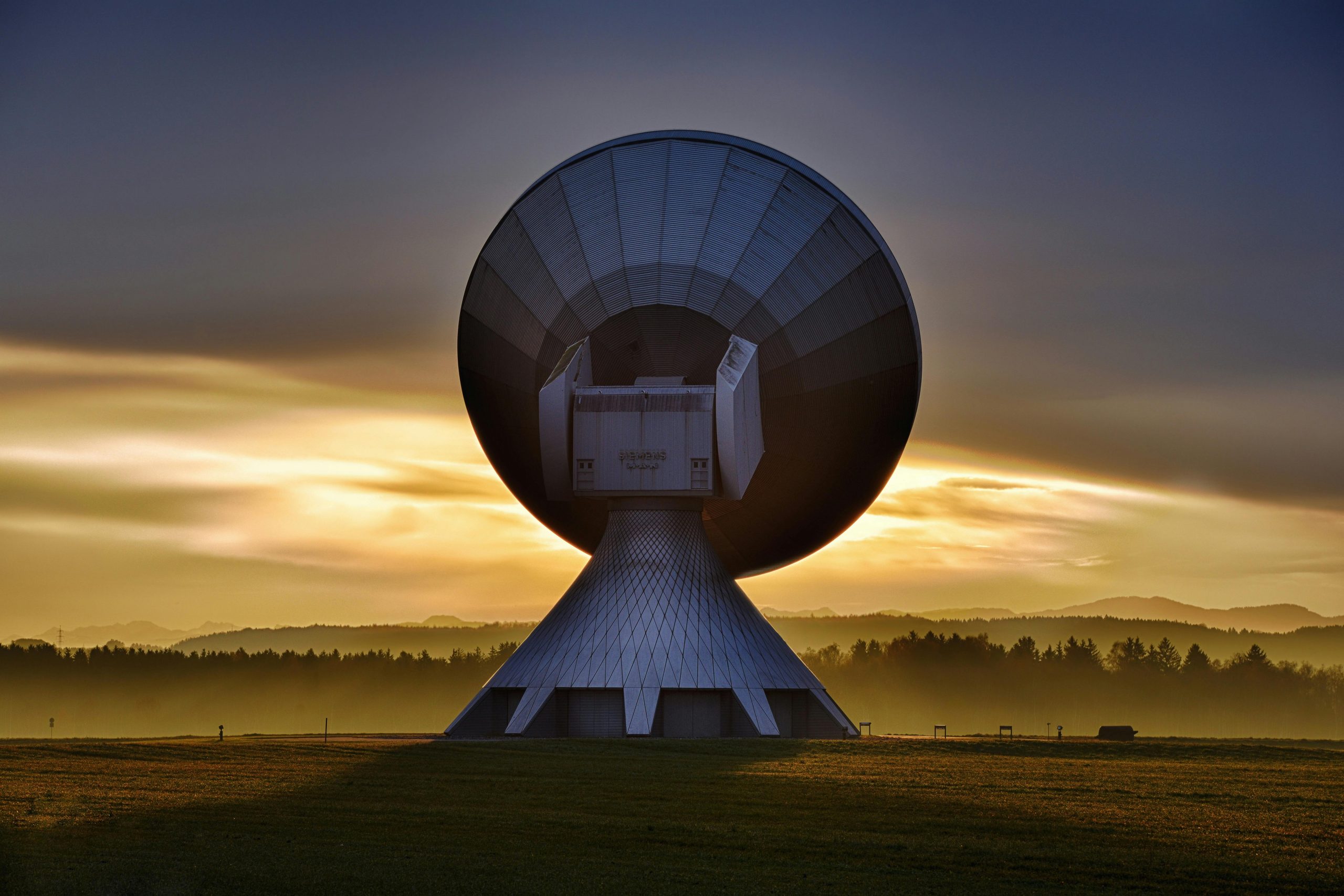Europe’s largest satellite factory opens in Italy — Aimed at challenging the US and China

Europe has taken a bold step to catch up in the space race. On October 7, 2025, in Rome, the Space Smart Factory — the largest satellite manufacturing facility in Europe — was inaugurated. The plant is intended to compete with the United States and China in producing satellites at scale.
Built by Thales Alenia Space in partnership with the Italian Space Agency (ASI), and financed from European Union post-COVID recovery funds as well as investments from the Franco-Italian firm itself, the project cost roughly €100 million (about 2.5 billion Czech crowns).
The massive facility spans 21,000 square meters — nearly the size of three football fields — and aims to produce about 100 satellites per year. Its design emphasizes flexibility, with state-of-the-art robotic and digital systems that allow for reconfiguration to build different kinds of satellites, up to 300 kilograms in mass.
Europe vs. the US and China
With this factory, Europe seeks parity with the largest satellite production facilities globally. The new plant surpasses the Boeing Space Center in El Segundo, California, which covers nearly 93,000 m² but currently produces only around 60 small satellites per year (with plans to scale up to 120–180).
Yet China remains ahead. The Geespace facility in Zhejiang province, for instance, covers 55,000 m² and reportedly can produce 500 satellites per year. The European facility still has work to do to match that capacity.
A Hub for Industry, Research, and Innovation
The Space Smart Factory is more than a manufacturing site. It is envisioned as an integrated ecosystem, bringing together around 150 small and medium-sized enterprises (SMEs), startups, universities, and research centers in a Space Joint Lab.
Italy and France intend for the facility to play a key role in Europe’s strategic ambitions in space. The factory plans to produce dual-use satellites — ones applicable both for civilian and defense purposes. The first satellite to be built there is Sicral 3, which will support communication operations for Italy’s Ministry of Defense.
Thales Alenia Space is also negotiating cooperation with Airbus, a major player in aerospace and satellite manufacturing. Announcements regarding this partnership are expected to come within days or weeks.
Significance & Outlook
This new European factory is a strategic move in the accelerating global competition over space infrastructure. It aims to reduce dependence on foreign suppliers and strengthen Europe’s sovereignty in satellite production. The integration of business, innovation, and public institutions in one campus aims to accelerate technological development and economies of scale.
By marrying advanced automation, modular design, and educational and research collaborations, Space Smart Factory offers a model for how Europe might close the gap with powerhouse space nations. The challenge ahead will be scaling capacity, securing supply chains, and maintaining competitiveness in a rapidly evolving global industry.
Photo source: www.pexels.com
Author of this article
WAS THIS ARTICLE HELPFUL?
Support us to keep up the good work and to provide you even better content. Your donations will be used to help students get access to quality content for free and pay our contributors’ salaries, who work hard to create this website content! Thank you for all your support!




OR CONTINUE READING